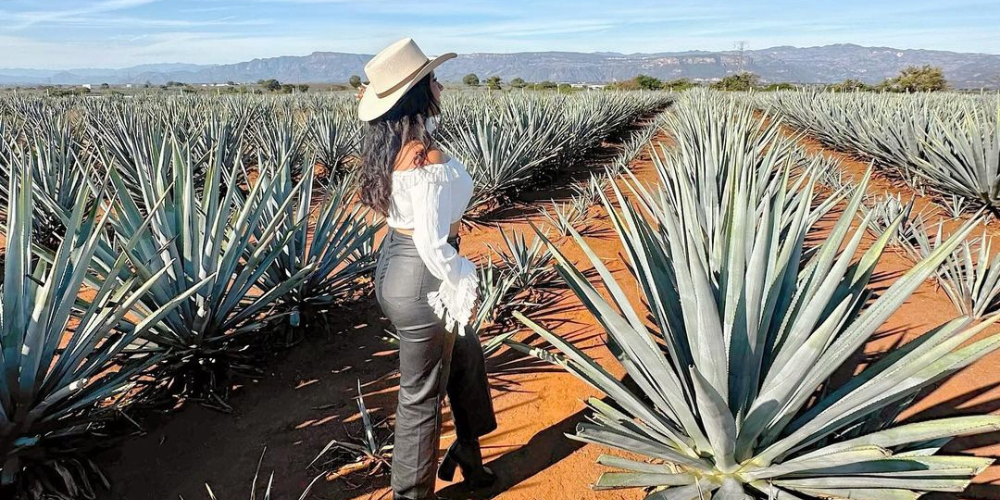
Is Tequila a Depressant or an Upper?

When we think of alcohol, we typically consider it a depressant because it slows down brain activity, neural functions, and the central nervous system. Overindulging in any alcoholic beverage can impair mood, judgment, and overall functioning. However, there’s a persistent rumor that tequila might be different – that it might be an upper rather than a downer. So, is tequila a depressant, or is there more to the story?
Let’s explore the facts and debunk the myths.
What Makes Tequila Special?
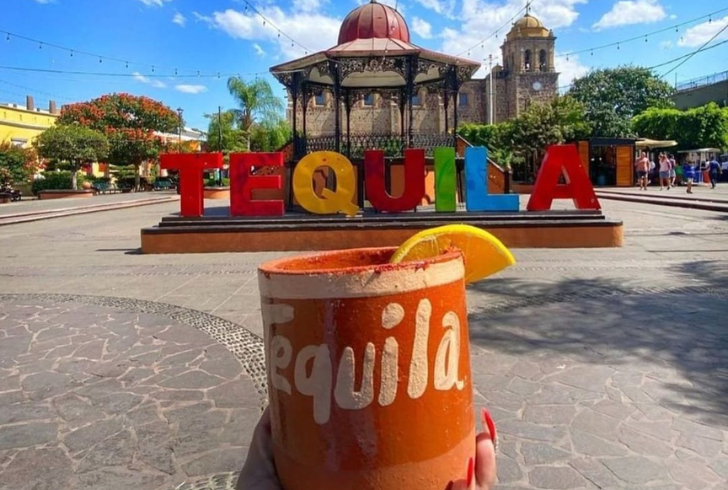
Instagram | passeandopormexico | Tequila, distilled from Mexico’s blue agave, embodies centuries of artisanal craftsmanship.
Tequila is a distilled spirit made from the blue agave plant, predominantly in the region surrounding the city of Tequila in Mexico. According to the Tequila Regulatory Council, for a spirit to be officially recognized as tequila, it must be produced in specific regions of Mexico. The process involves harvesting the agave, extracting its juice, and fermenting and distilling it to produce Blanco Tequila. This form can be further aged to create Reposado or Añejo varieties.
Interestingly, tequila is considered one of the healthier spirits due to its low carbohydrate and calorie content. Some even believe it has probiotic properties, but it’s important to clarify that tequila is not a stimulant.
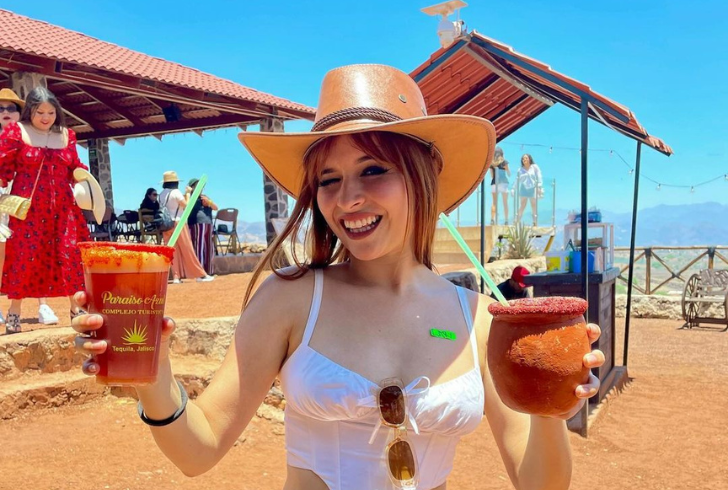
Instagram | amarantacepeda | Tequila’s frequent appearance at parties and celebrations perpetuates the misconception that it acts as a stimulant.
Some people claim they feel different after drinking tequila compared to other spirits like wine or vodka, experiencing less of a hangover. This could be due to pure agave tequila’s lack of sugary additives, which can exacerbate headaches and sluggishness the following morning. Despite this, tequila remains a depressant, not a stimulant.
The Unique Chemistry of Tequila
The rumors about tequila being an upper have historical roots and are partly fueled by its unique chemical composition. Unlike other distilled spirits, tequila’s distillation process involves collecting methanol at the end rather than the beginning. This distinctive aspect might contribute to the perception that tequila behaves differently from other alcohols.
Author Chantal Martineau, in her exploration of tequila’s history, highlights these differences. She notes that tequila’s production process sets it apart from other spirits, but this doesn’t change its fundamental nature as a depressant.
Enjoying Tequila Responsibly
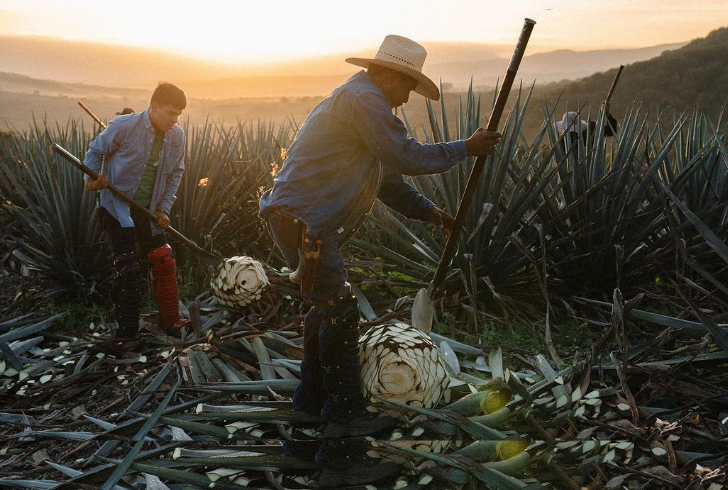
Instagram | therealadamhuber | Tequila’s distinct production process and reduced sugar content make it appear unique.
So, is tequila a depressant? Yes, it is. While it may bring joy and merriment when shared among friends, its chemical properties align with those of other alcoholic beverages. Tequila’s unique production process and lower sugar content can make it seem like a special case, but it doesn’t change its fundamental nature.
Next time you enjoy a shot of tequila at a celebration, you can impress your friends with the truth. Tequila is a fascinating spirit with a rich history and unique qualities, but it remains a depressant. Enjoy it responsibly and savor its unique flavors and traditions, but don’t be misled by the myth that it’s an upper.
More in Mental Health
-
Top 8 Japan Tokyo Tourist Traps to Avoid and Where to Go
Tokyo, Japan’s bustling capital, is a city of contrasts, blending modern skyscrapers with ancient temples. With its vibrant culture, advanced technology,...
August 23, 2024 -
How to Feel Good Every Day and Overcome Self-Doubt
How often do you wonder, “Am I good enough?” These thoughts can be exhausting, whether they concern your role as a...
August 16, 2024 -
How to Stay Healthy During Flu Season: 8 Ways to Protect Yourself
Flu season can be a challenging time, but understanding how to stay healthy during flu season can make all the difference....
August 9, 2024 -
What Is the Best Short Hairstyle for Over 60?
Finding the right hairstyle can make all the difference, especially when dealing with the challenges of fine hair. Plenty of short...
August 3, 2024 -
How to Get Out of a Depressive Slump With These Simple Tips
When feeling stuck in a depressive slump, it might seem like there’s no way out. However, understanding how to get out...
July 25, 2024 -
Is IBS a Disability? Here’s Everything You Need to Know
Irritable bowel syndrome (IBS) affects millions globally, presenting a complex mix of symptoms that can severely disrupt daily life. This condition...
July 20, 2024 -
What to Pack for a Cruise to the Bahamas – An Expert’s Checklist
Heading out on a Bahamas cruise promises an unforgettable vacation filled with stunning beaches, vibrant culture, and endless fun. To make...
July 10, 2024 -
Can Asthma Cause Lung Nodules?
Have you ever come across the term “lung nodule” during a medical report? These mysterious little lumps in the lung can...
June 26, 2024 -
Is It Safe to Travel to Paris? Essential Tips for Tourists
When considering a trip to Paris, one of the first questions that often arises is, “Is it safe to travel to...
June 20, 2024

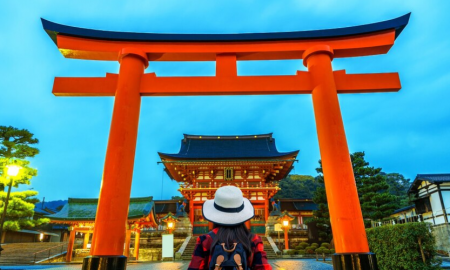





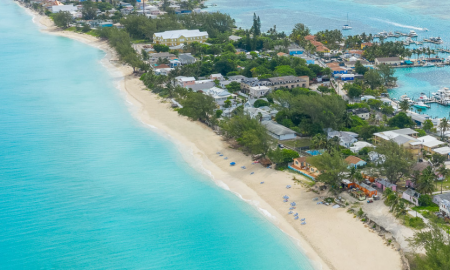
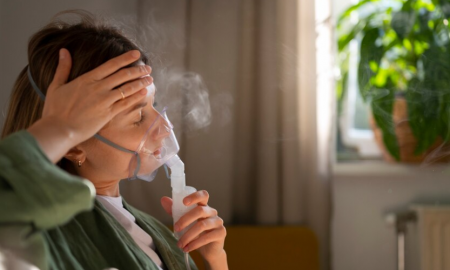

You must be logged in to post a comment Login